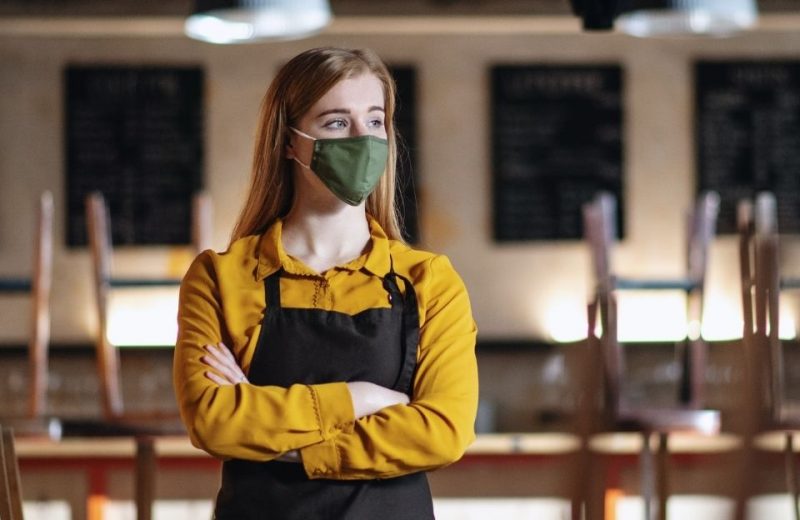Businesses, workers and the performing arts across NSW are all set to benefit from a major financial support package of more than $1 billion to help those that have been hardest hit by the Omicron wave.
The package, which commences from February 1 includes:
- A minimum payment of $500 per week and a maximum payment of up to $5,000 per week (20% of payroll) for businesses with turnover between $75,000 and $50 million who suffered a 40% downturn in January and project to do the same in February.
- The Small Business Fees and Charges rebate program extended to $3,000, and can include 50% of the costs incurred to acquire RAT’s for the workplace. This will support worker availability by helping reduce costs to small businesses and enabling healthy staff who have been exposed to COVID-19, but test negative, to return to work.
- Commercial landlord relief extended until 13 March.
Premier Dominic Perrottet said while case numbers are now declining, the NSW Government is determined to support those businesses that have been most affected during this wave of the pandemic.
“As part of the package, we are introducing the Small Business Support Program to help support businesses that experienced the worst effects of the Omicron wave,” Mr Perrottet said.
“This targeted package provides support for businesses who experienced cashflow issues and the immediate economic impacts of the Omicron outbreak.”
Treasurer Matt Kean said we know some businesses in NSW have faced challenges and it is vital we get them the support they need to stay afloat and keep their workers in jobs.
“By ensuring businesses keep their doors open and their employees paid, we are confident our economy will bounce back strongly as it did last year.”
Small Business Minister Eleni Petinos said the program was important to ensure small businesses have the resources and cash flow they need to survive this outbreak and bounce back.
“We know that the over 800,000 small businesses in NSW are the lifeblood of local communities and that many of these businesses experienced challenges due to the Omicron wave of the pandemic,” Ms Petinos said.
Learn More
